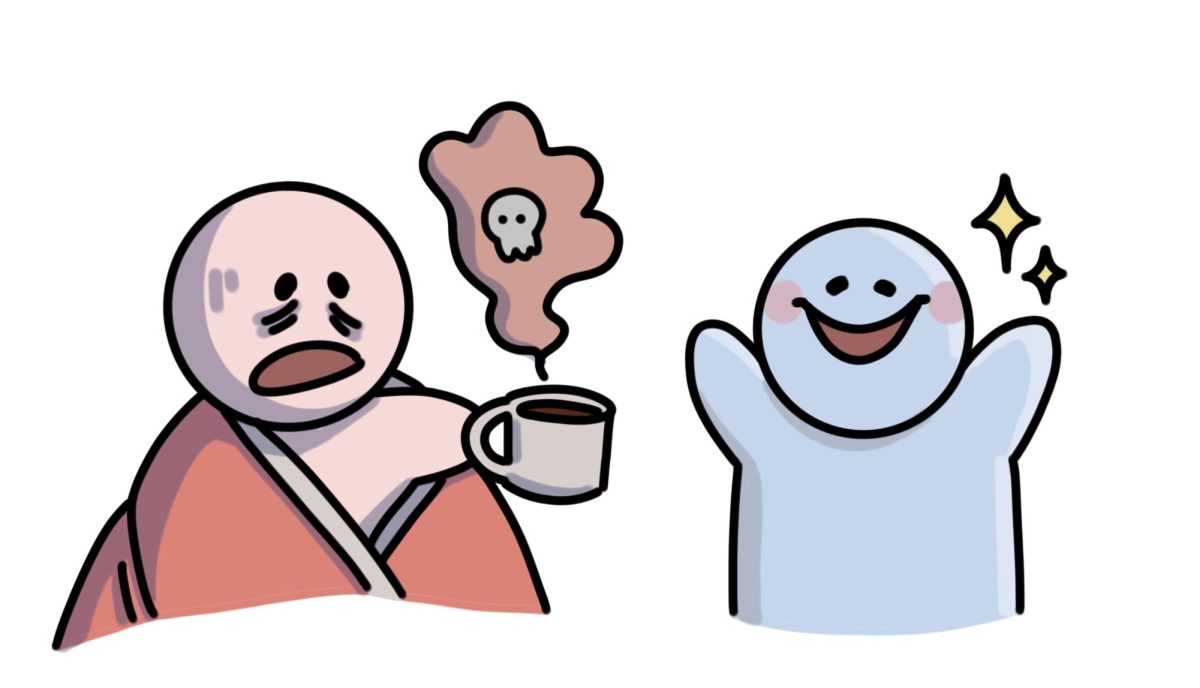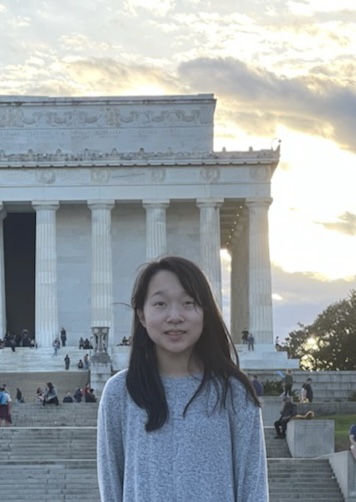It’s finals season—the last week of school. For Lakesiders, that usually means one thing: a severe lack of sleep. Most of us struggle to function on less than six hours, yet there are a rare few who not only get by on but also thrive on just four hours of sleep.
While today there is a widespread understanding of the importance of sleep at Lakeside, there is still much we don’t know about what happens when we rest. Sleep used to be thought of as more of a passive rest, even considered by some as “a waste of time.” But we now know that sleep is an essential, active process critical to both brain and body function. As Dr. Mark Wu, a sleep expert and neurologist at Johns Hopkins, puts in a John Hopkins Medicine article, “Sleep is a period during which the brain is engaged in a number of activities necessary to life—which are closely linked to quality of life.”
This makes the discovery of Natural Short Sleepers (NSS) all the more fascinating. First identified in 2019 by Dr. Ying-Hui Fu and her team at the University of California, San Francisco (UCSF), NSS describes people who naturally require only 4–6 hours of sleep per night, without the negative side effects most of us would experience. The team discovered that individuals with a mutation in the gene DEC2 average 6.25 hours of sleep, compared to people without the mutation who averaged 8.06 hours.
As Fu said in a UCSF article by Nina Bai and Dana Smith, “These are not people who’ve trained themselves to wake up early. They’re born this way.” This was the first conclusive evidence linking genetics to natural short sleep, and it suggests that potentially the quality of sleep can impact the needed quantity.
Fu and her team have recently discovered a fifth mutation that affects the gene salt-induced kinase 3 (SIK3), and their paper was released in May in the journal Proceedings of the National Academy of Sciences (PNAS). The SIK3 gene encodes an enzyme that has many functions including sleep regulation and NREM (non-rapid-eye-movement) regulation—a phase of sleep where one moves from light to deep sleep. The enzyme functions in the active space between neurons where messages are sent. Previous studies of a different mutation in the gene have been linked to sleepiness.
To test its impact, researchers genetically modified mice to carry the SIK3 mutation, which reduced the gene’s function. The result? These mice slept 31 minutes less per day. While that may seem modest, considering mice have roughly a 12-hour sleep cycle, it could point to meaningful insights into how the gene affects sleep regulation in humans.
“Natural short sleepers experience better sleep quality and sleep efficiency,” Fu stated in another USCF article by Jason Alvarez. “By studying them, we hope to learn what makes for a good night’s sleep, so that all of us can be better sleepers leading happier, healthier lives.”
While most of us can’t power through finals week on only four hours of rest, research into NSS and genetic mutations may help us better understand how to make the most of the sleep we do get. In a world where time is always limited, that might be one of the most important lessons of all.


